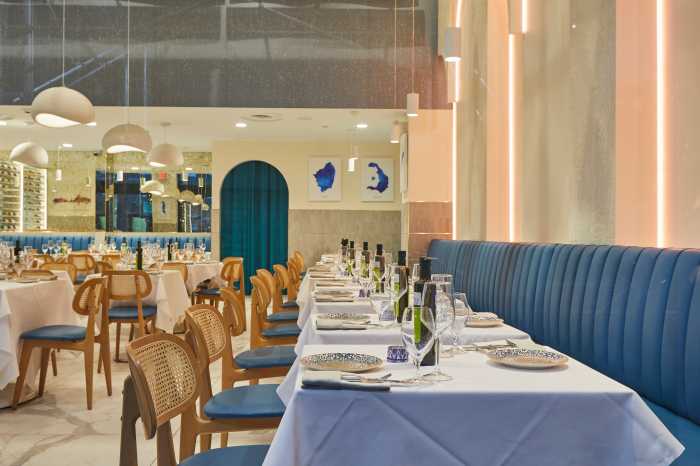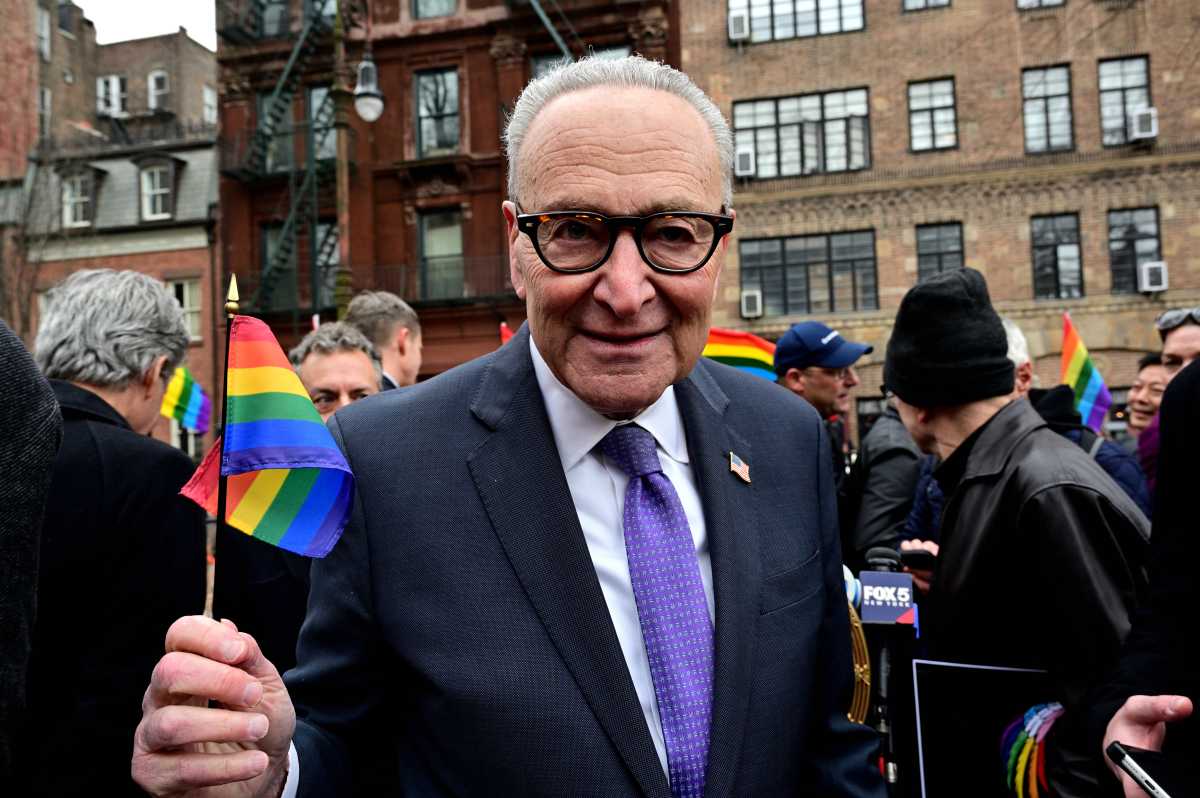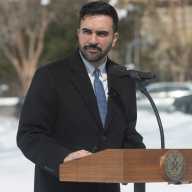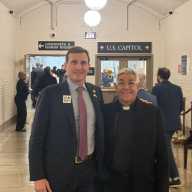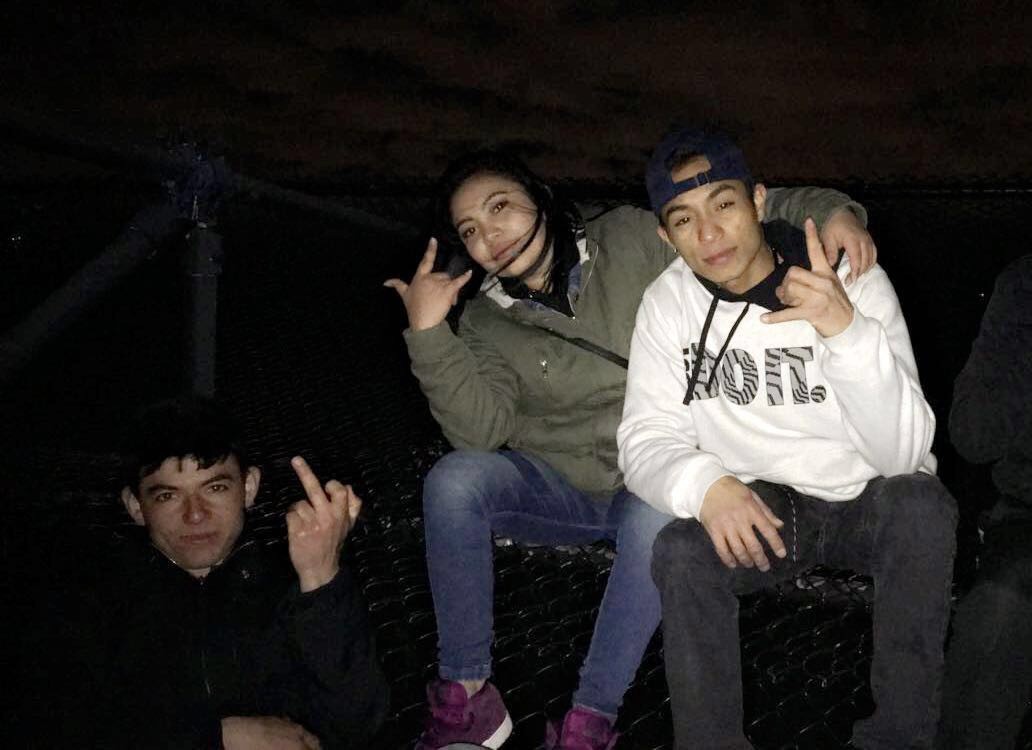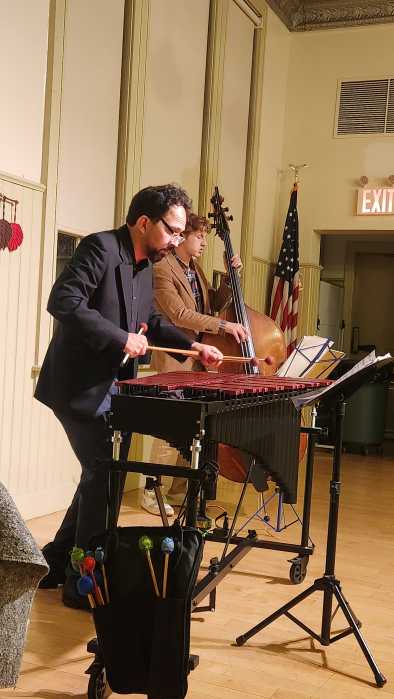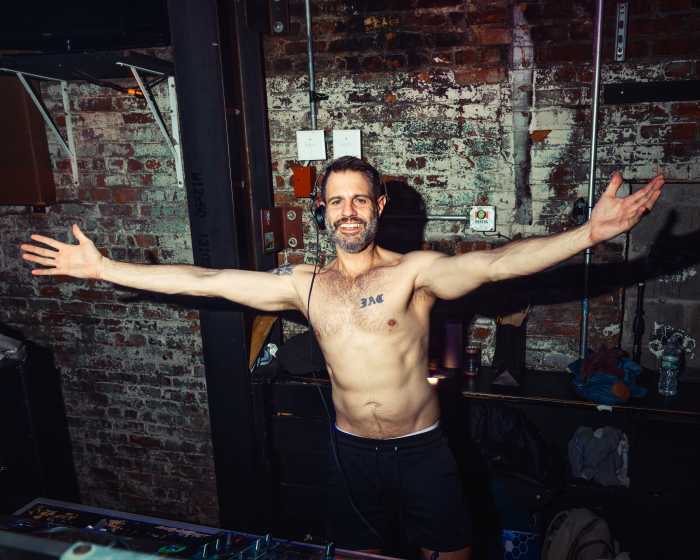By Andrei Codrescu
I was born in a place where people were forbidden to read most of what we consider the fundamental books of Western civilization. Being found in possession of a book such as George Orwell’s “1984” could land one in prison for years. My good luck was to meet Dr. Martin in my adolescence. Dr. Martin was a retired professor who had collected and kept in his modest three-room apartment the best of interwar Romanian literature. In the Stalinist period any of the books in Dr. Martin’s library could have earned him years of hard labor. In addition to owning them, he lent them to us, young high-school writers, who absorbed them thirstily and read them deeply because we knew what risks our older friend — and ourselves — were taking. I became a writer because I read forbidden books.
The American Library Association is a powerful organization that has stood along with the A.C.L.U., the Helsinki Human Rights organization and Amnesty International as guarantors of “the freedom to read… throughout the world,” as its charter explicitly states. For the more than three-and-a-half decades I’ve spent in the United States, I’ve taken my right to read very seriously. I’ve seen many attempts to curtail it, most recently by Section 215 of the Patriot Act, which has raised, with good reason, the ire of librarians.
Given its crystal-clear position, it was with a great deal of dismay that I learned that the American Library Association has taken no action to condemn the banning of books and the imprisonment and torture of librarians 90 miles away from our shores, in Cuba. In March 1988, two residents of Las Tunas — Ramon Colas and Berta Mexidor — opened a private library in their home, dedicated to offering Cubans books not officially available. The Felix-Varela Library was the first of a network of private libraries that were established by volunteers in Cuba to bring light to the oppression of Castro’s police state. One hundred three libraries and 182,000 registered patrons were affiliated with the expanding Independent Libraries Project by the end of 2002.
In November 1999 Ramon Colas was arrested. Amnesty International declared him a “prisoner of conscience.” Hundreds of other librarians were arrested not long afterward, and their libraries and collections were confiscated.
On Jan. 13, 2001, the Latin American Subcommitee of the A.L.A. conducted a hearing at which reports on the worsening situation in Cuba were presented by witnesses using accounts from Human Rights Watch, Reporters Without Borders, Amnesty International, as well as press reports from the Washington Post and Associated Press. People like Vaclav Havel, the hero of the Czech Velvet Revolution, Lech Walesa, winner of the Nobel Prize for Peace and former president of Poland, and Arpad Goncz, former president of Hungary, joined to condemn Castro’s imprisonment of Cubans “merely for daring to express an opinion rather than the official one.”
Amazingly enough, the final report of the A.L.A. declined to recognize the new Cuban libraries as “libraries” and the librarians themselves were referred to as “individuals associated with these collections.” Am I hallucinating? Is this the same American Library Association that stands against censorship and for freedom of expression everywhere? This organization cannot logically condone imprisonment and torture of librarians: Yet somehow it can act against Provision 215 of the Patriot Act but approve of Fidel Castro’s Order 88, which denies all the rights we cherish.
Codrescu’s new book is “New Orleans, Mon Amour: Twenty Years of Writing from the City.”



